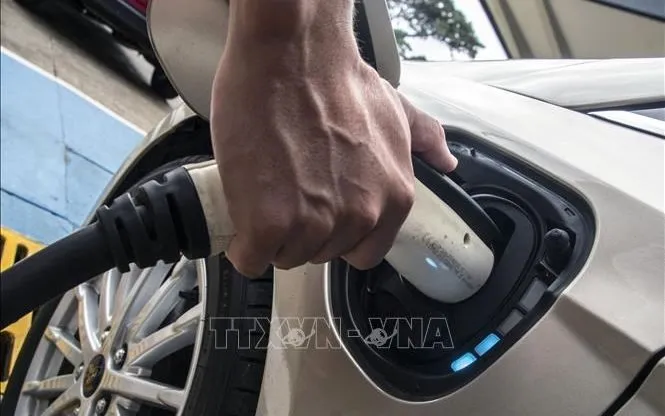
South Korean car and battery makers adjust strategies after the US ends electric vehicle subsidies. Illustration photo: AFP/TTXVN
The move puts a lot of pressure on Hyundai Motor and Kia, which have grown strongly thanks to electric vehicles in recent years. To stay competitive, Hyundai Motor has decided to reduce the price of the IONIQ 5 electric SUV by up to $9,800 for the 2026 model year and apply a direct reduction of $7,500 for the 2025 models. Kia also recorded a record sales of more than 219,600 vehicles in the US in the third quarter, mainly thanks to electric vehicles.
However, analysts warn that the price cuts will affect short-term profits, forcing companies to boost domestic production to maintain market share, while still having to pay a 25% tax rate – higher than the 15% rate enjoyed by Japanese and European companies.
Not only the auto industry, Korean battery companies such as LG Energy Solution, SK On and Samsung SDI are also affected by the forecasted decline in demand for electric vehicle batteries in the US from the fourth quarter. In this situation, companies are shifting to the field of energy storage systems (ESS), especially serving artificial intelligence data centers. LG Energy Solution has started producing ESS batteries in Michigan since May, while SK On and Samsung SDI have also implemented a similar strategy to ensure sustainable growth.
According to observers, the US tightening of electric vehicle subsidies is forcing Korean corporations to reshape their long-term strategies to maintain their foothold in this important export market.
Source: https://vtv.vn/cac-hang-o-to-va-pin-han-quoc-dieu-chien-luoc-kinh-doanh-tai-my-100251005113307034.htm


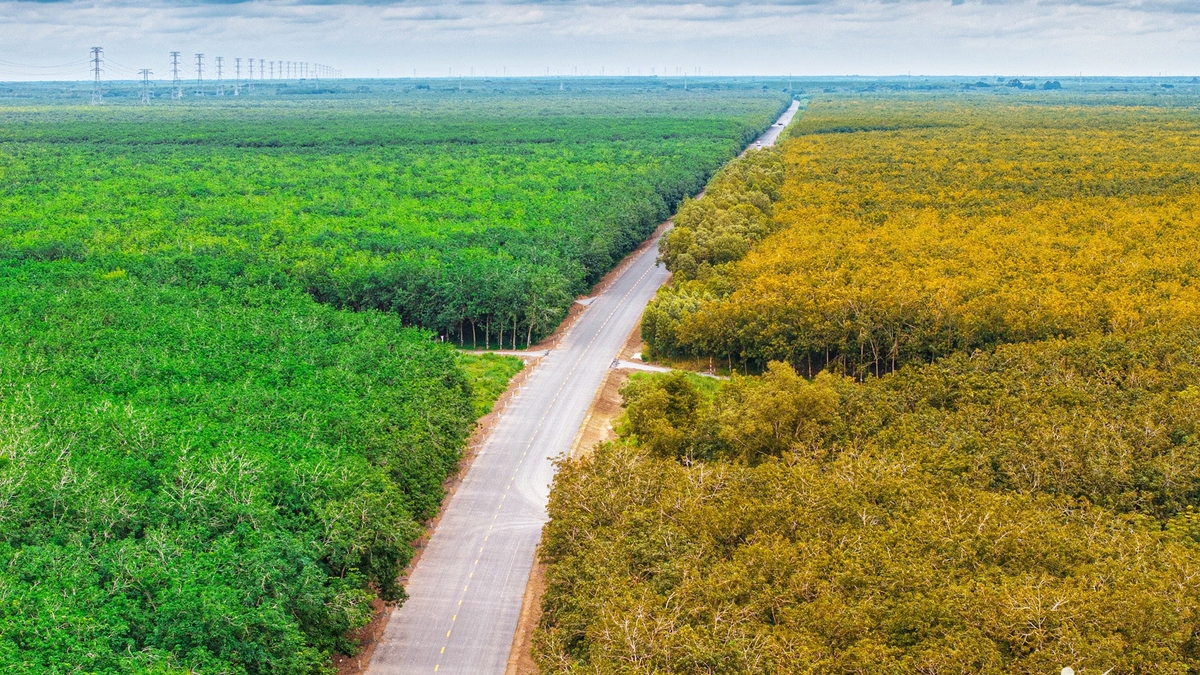

![[Photo] Opening of the 13th Conference of the 13th Party Central Committee](https://vphoto.vietnam.vn/thumb/1200x675/vietnam/resource/IMAGE/2025/10/6/d4b269e6c4b64696af775925cb608560)



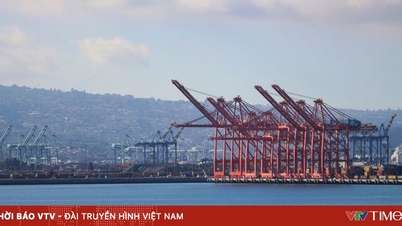
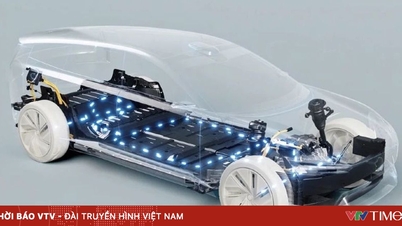
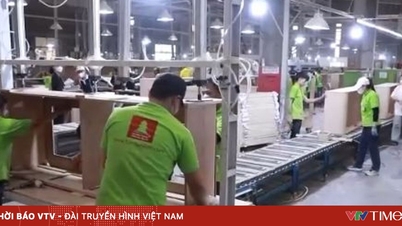





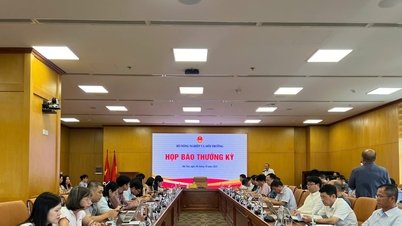

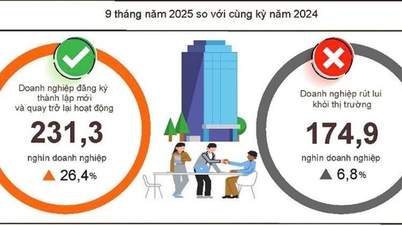
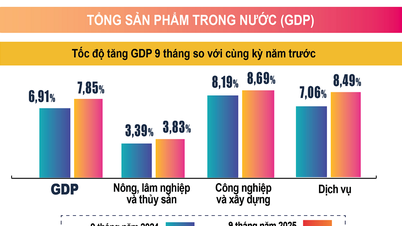
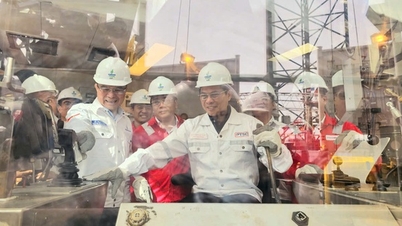


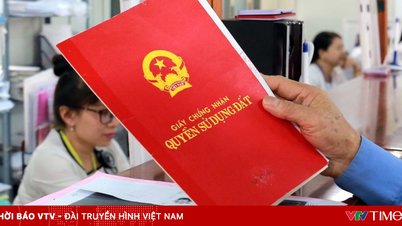




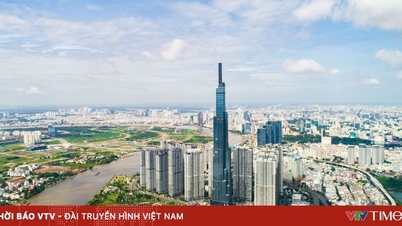

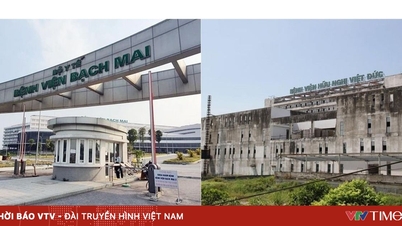




![[Photo] Prime Minister Pham Minh Chinh chairs the Government's online conference with localities](https://vphoto.vietnam.vn/thumb/1200x675/vietnam/resource/IMAGE/2025/10/5/264793cfb4404c63a701d235ff43e1bd)




























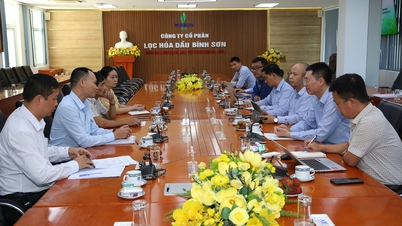












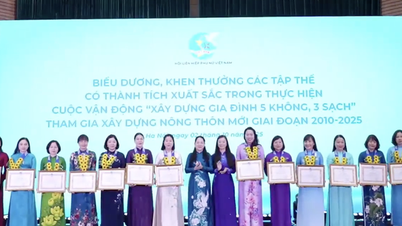
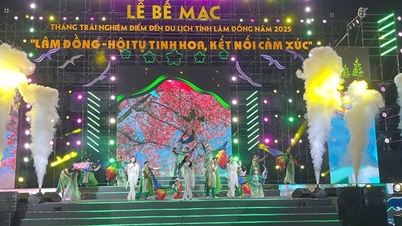

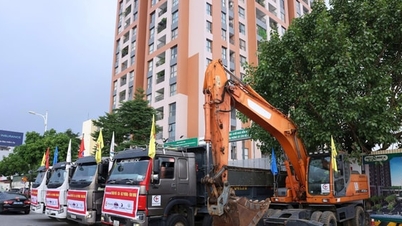

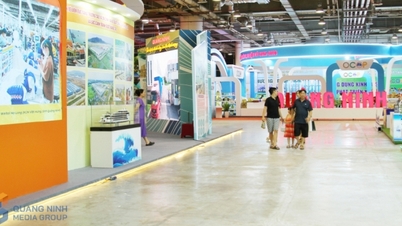




















Comment (0)